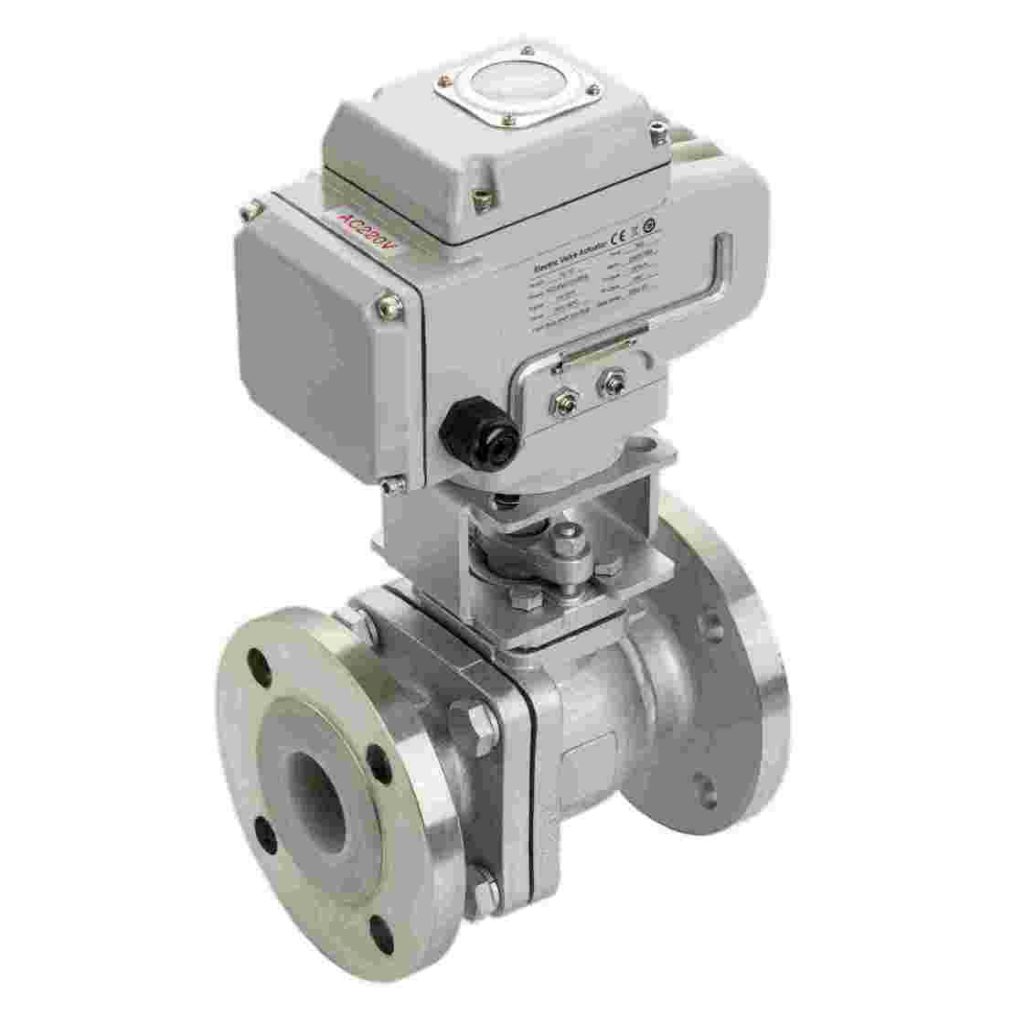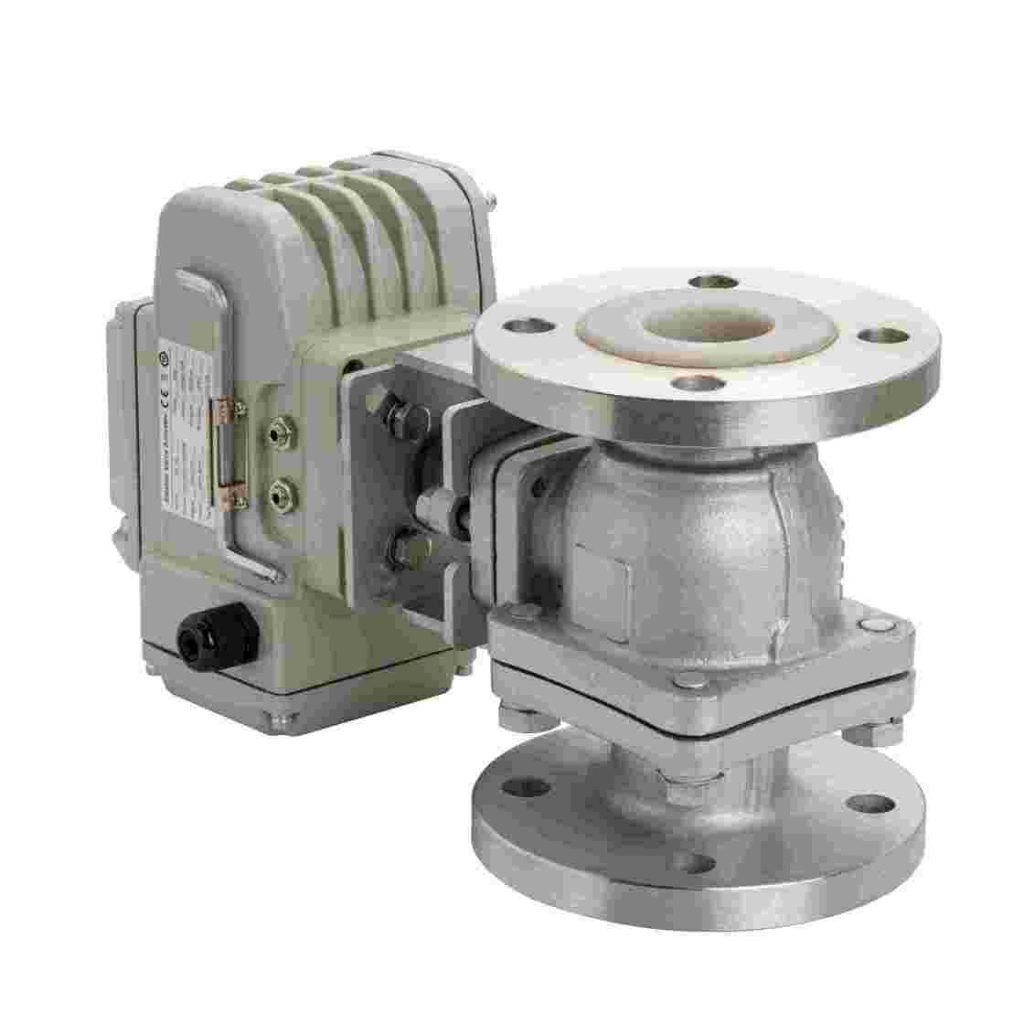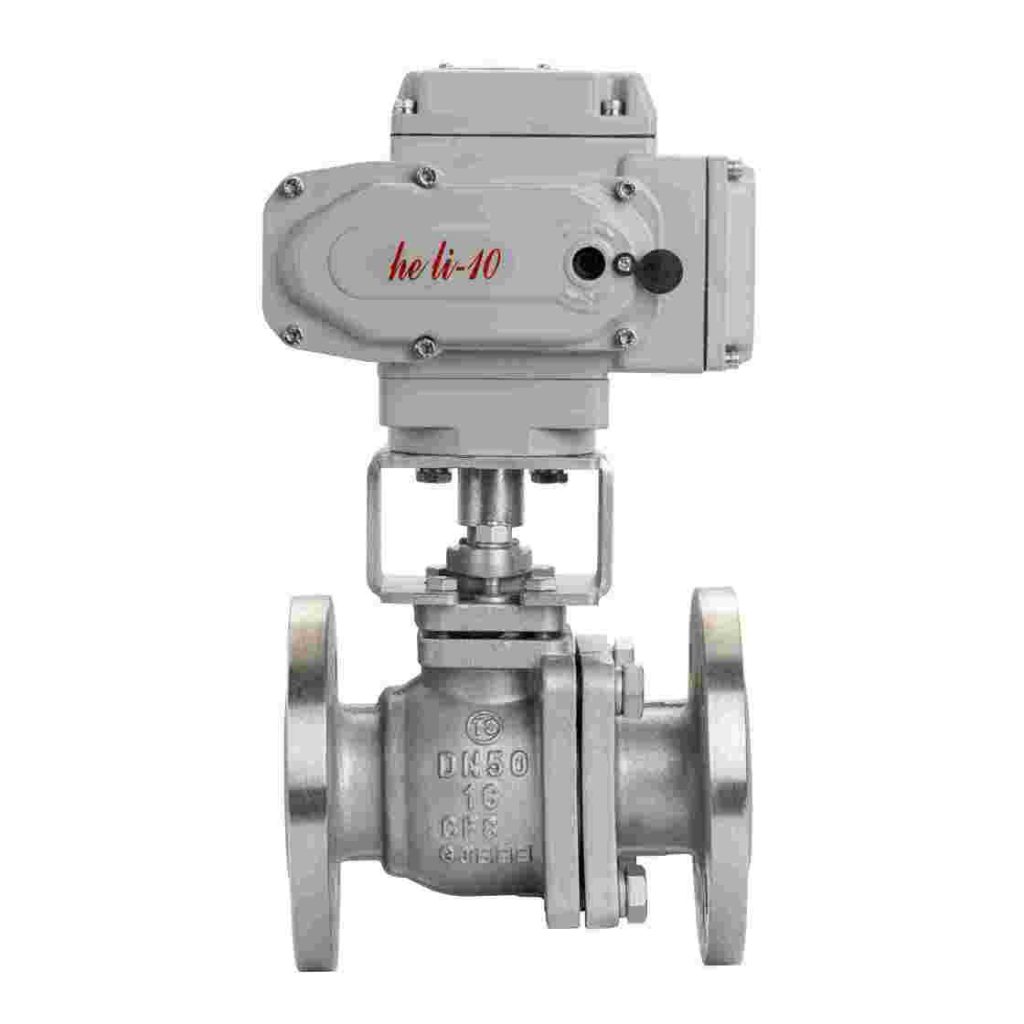In recent years, the quest for clean, sustainable energy solutions has led to a surge in hydrogen energy research and applications. As a versatile and environmentally friendly energy source, hydrogen has great potential to replace fossil fuels in various industries, including transportation, power generation, and industrial processes. However, hydrogen’s unique properties, such as its highly corrosive nature and low molecular weight, present significant challenges in terms of storage, transportation, and handling. This is where advanced technologies like the Hydrogen Energy Electric Anti-Corrosion Ball Valve come into play. These valves offer a crucial solution to the specific challenges of managing hydrogen energy systems, ensuring efficiency, safety, and long-term reliability.

The Need for Anti-Corrosion Solutions in Hydrogen Systems

Hydrogen gas is highly reactive, particularly at high pressures and temperatures, which can lead to the degradation of materials commonly used in valves, pipes, and other equipment. This phenomenon, known as hydrogen embrittlement, occurs when hydrogen atoms infiltrate metals, causing them to become brittle and prone to cracking. As hydrogen is stored and transported at high pressures, the equipment handling it must be resistant to corrosion and wear. Ball valves, which are commonly used to control the flow of liquids and gases, are particularly vulnerable to these issues when used in hydrogen systems. Conventional materials such as carbon steel or stainless steel may not offer the necessary protection against corrosion over time. Therefore, specialized valves are needed to withstand the harsh conditions of hydrogen systems without compromising performance.

Leave a Reply